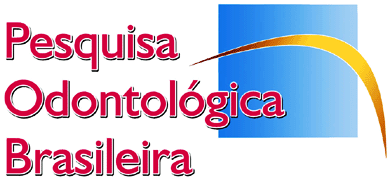Homeobox genes are regulatory genes encoding nuclear proteins that act as transcription factors, regulating aspects of morphogenesis and cell differentiation during normal embryonic development of several animals. Vertebrate homeobox genes can be divided in two subfamilies: clustered, or HOX genes, and nonclustered, or divergent, homeobox genes. During the last decades, several homeobox genes, clustered and nonclustered ones, were identified in normal tissue, in malignant cells, and in different diseases and metabolic alterations. Homeobox genes are involved in the normal teeth development and in familial teeth agenesis. Normal development and cancer have a great deal in common, as both processes involve shifts between cell proliferation and differentiation. The literature is accumulating evidences that homeobox genes play an important role in oncogenesis. Many cancers exhibit expression of or alteration in homeobox genes. Those include leukemias, colon, skin, prostate, breast and ovarian cancers, among others. This review is aimed at introducing readers to some of the homeobox family functions in normal tissues and especially in cancer.
Genes; Neoplasms; Growth & Development

